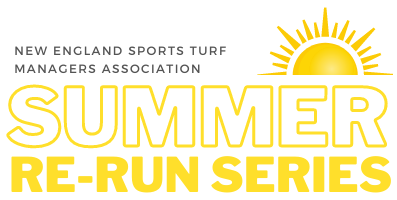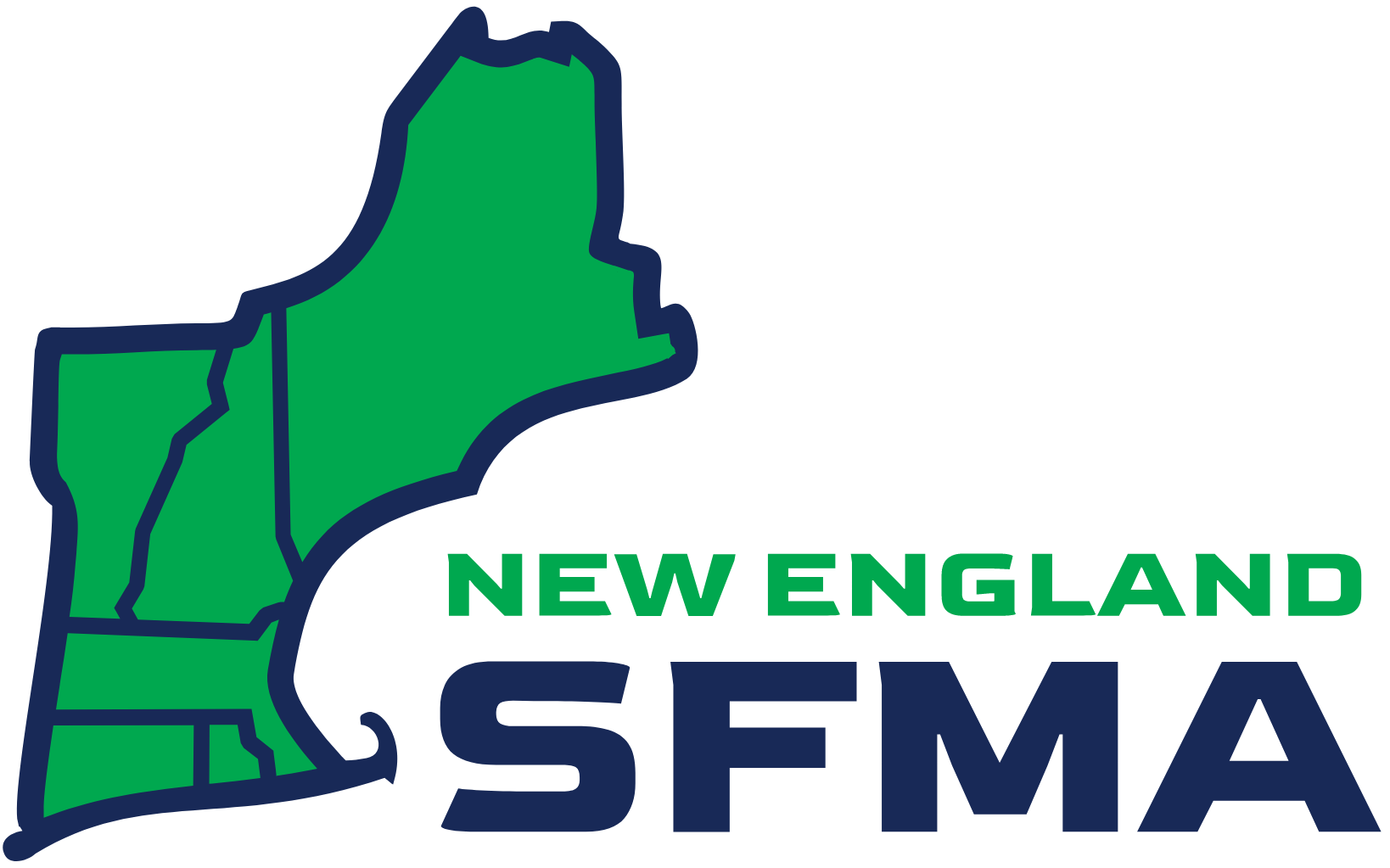
Summers are Made for Re-Runs
Over the course of past year, NESTMA offered many informative webinars for members to watch on- demand. With permission from several presenters, we are making them available again this summer. Whether you missed a few or want to re-watch them with your team, sign up is easy at NESTMA.org. The full series is available June 1 – August 31. Just $49 for members and $69 for non-members provides access to all these webinars:
Improving Water Use Efficiency with Wetting Agents
Stan Kostka, Ph.D & Mike Findanza, Ph.D., Penn State
This is the perfect time of year to learn why wetting agents (soil surfactants) are invaluable tools in modifying how soils and water interact. Originally used to mitigate localized dry spot problems in turf, new research offers insight into soil water repellency including when it develops; how it may impact infiltration; and low and rootzone water reserves.
This research has increased our understanding of how these compounds influence not only water use efficiency, but rootzone nitrogen retention and plant uptake, as well as broader aspects of the interactions happening in the rhizosphere. Recent case studies will demonstrate strategies SFMs can employ to exploit wetting agents beyond traditional uses.
A Year in the Life of a Synthetic Turf Field
Arthur Eddy, RePlay Maintenance
Arthur Eddy is one of our industry’s leading expert in synthetic sport field design, installation and maintenance. Drawing on many years of experience, Art will share practical, seasonal maintenance techniques to help ensure that the synthetic surfaces you manage are safe, durable and performing at intended levels. From grooming, disinfecting, and repairs, you’ll learn about the “Green Mystery” and take away best practices to give your synthetic fields the best chance of a full lifespan.
Prepping Fields for Winter
Michelle DaCosta, Ph.D, University of Massachusetts
Winter injury can be a significant issue in northern climates, resulting in declines in playability and turf quality as well as costly reestablishment. Topics for discussion will include the major causes for winter injury in grasses used for sports turf, physiological mechanisms important for turfgrass overwintering and freezing tolerance, as well as the effects of various pest and disease management practices on improving turfgrass growth and winter conditioning.
How Hybrid Grass Stitching Technology Can Extend the Life of Sports Fields
George Mullan, SIS Pitches & Robert Heggie, BMO Field & Training Grounds
The U.S. is making progress when it comes to adopting hybrid grass sports fields. George Mullan, a world-renowned expert on hybrid grass surfaces, will provide the latest information on this cutting-edge technology including history of the hybrid surface; its advantages and disadvantages; research results; as well as maintenance and renovation strategies. He’ll be joined by Robert Heggie, Director of Grounds at BMO Field and Training Grounds - home of the Toronto FC (soccer) and Toronto Argonauts (football) - and an industry innovator with real-life experience in using hybrid grass technology at his facilities. Today, many athletes are looking to change from synthetic back to natural grass fields. This webinar will highlight the ways that hybrid grass stitching can help you provide a more robust, all-weather surface while retaining the tradition of playing on natural grass.
Managing Early Season Turf Pests & Diseases
Pam Sherratt, The Ohio State University
One of the most important components of a strong sports turf IPM program is the ability to accurately predict and diagnose problems. Turf problems are caused by biotic stresses like pests, diseases and weeds – or by abiotic stresses such as poor soil, adverse weather or human error. With early detection this spring, turf managers can plan ahead and make better-informed choices. Review the most common sports turf problems in the Northeast, and consider solutions based on science, economics, social acceptance and environmental stewardship.
NOTE: NESTMA webinar re-runs are for reference and educational purposes only. CEU credit is not available.
